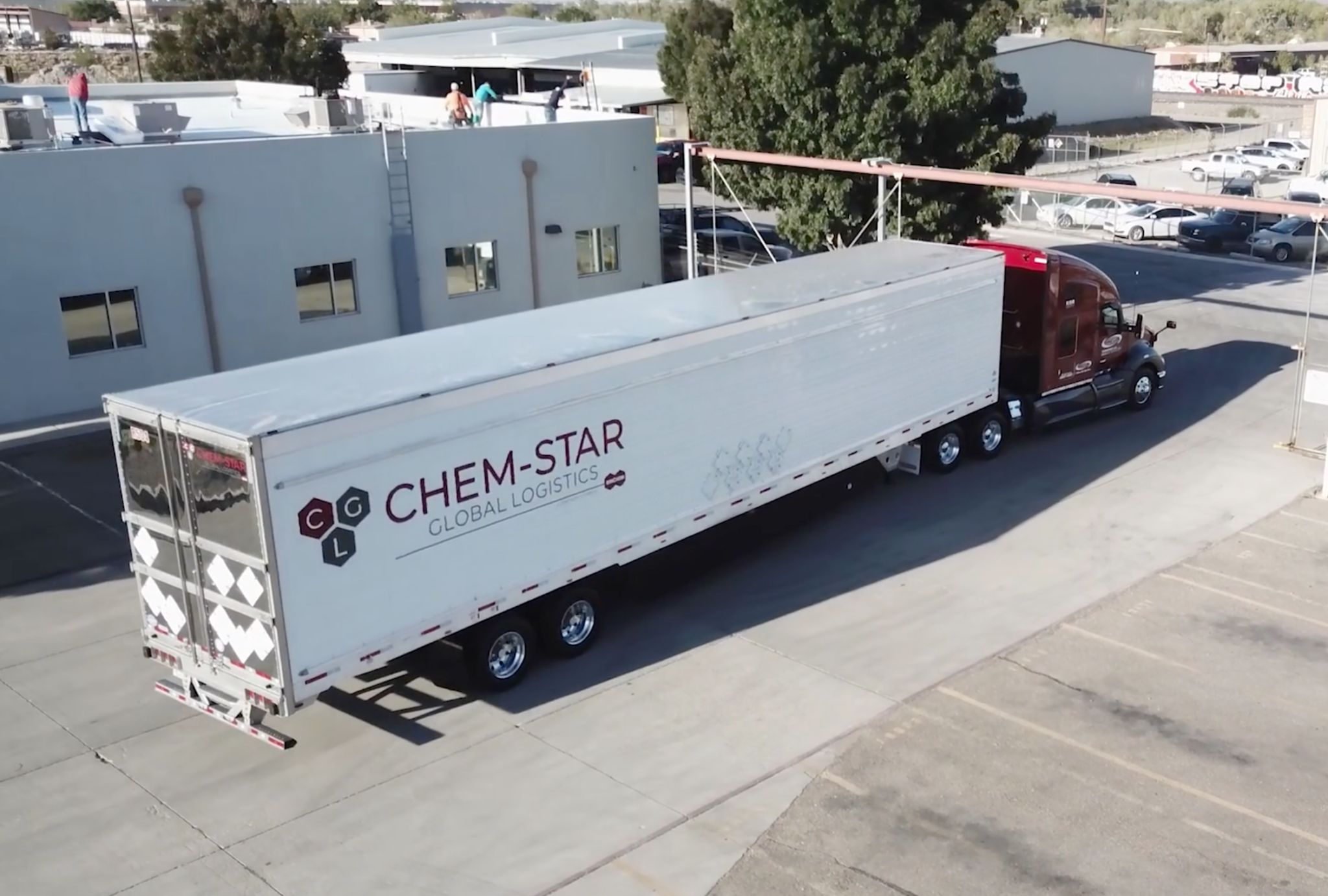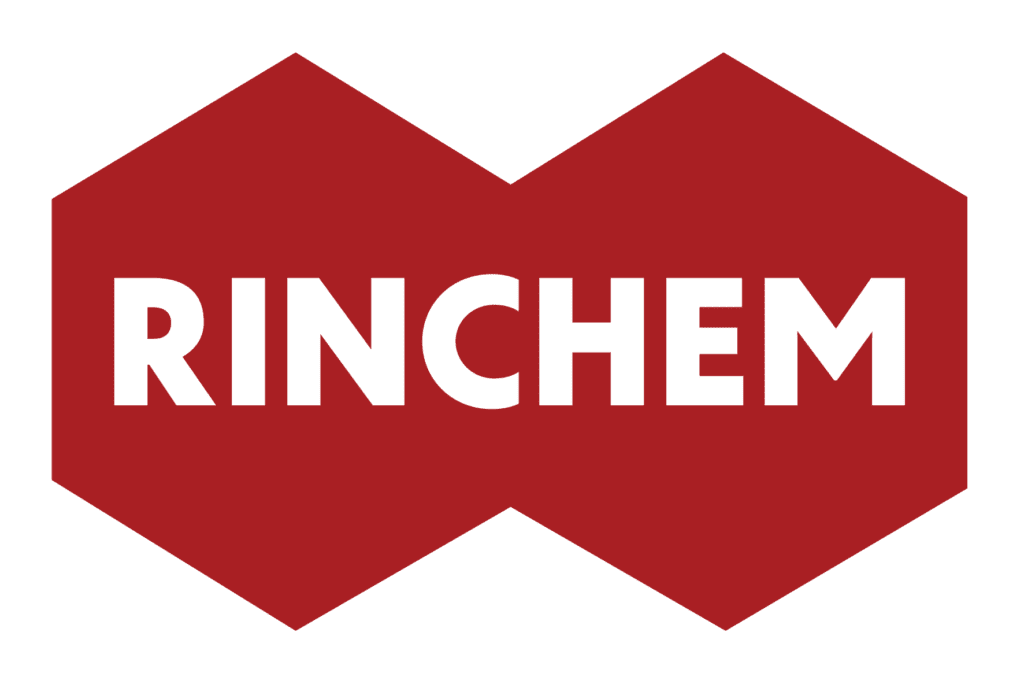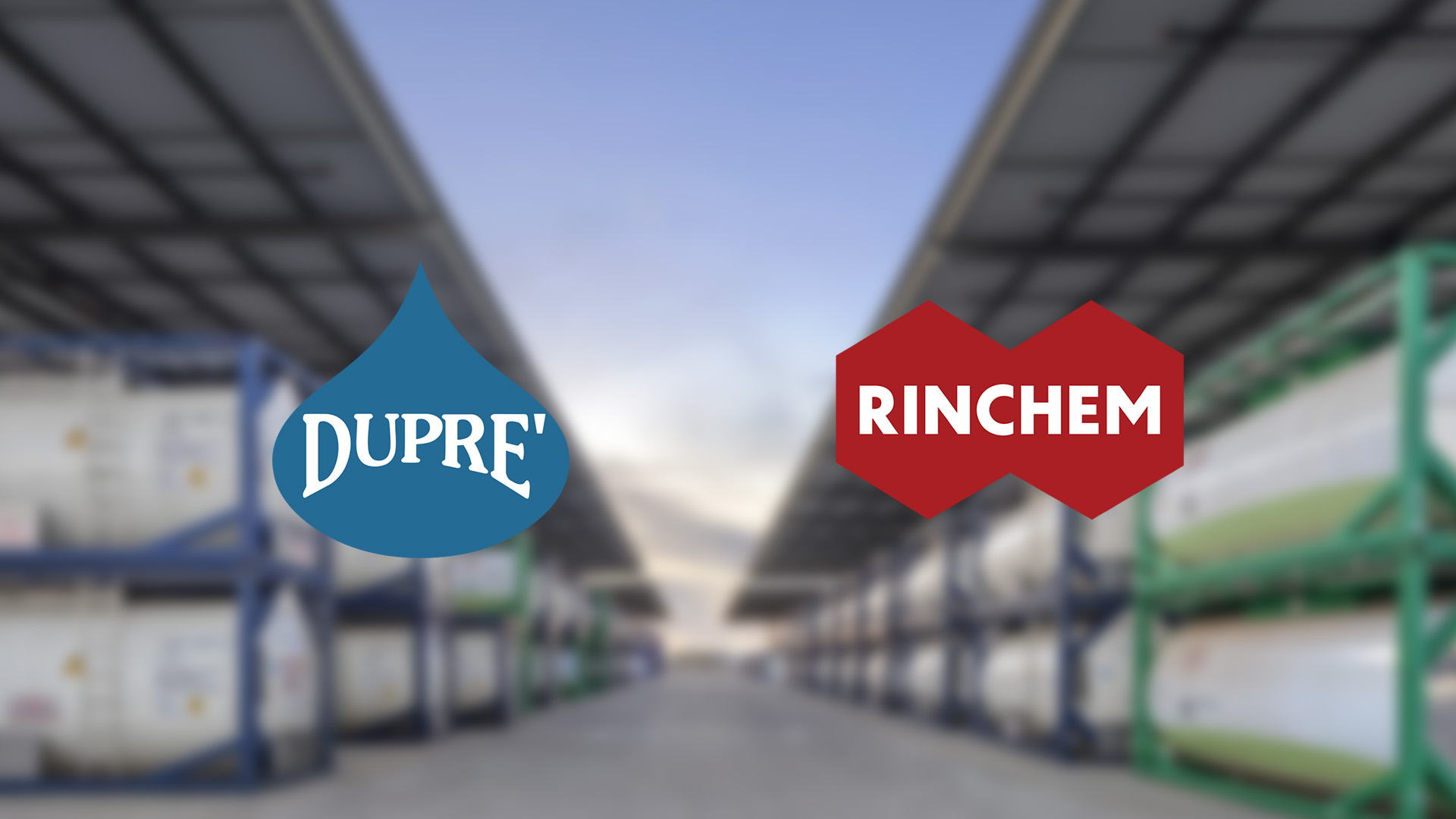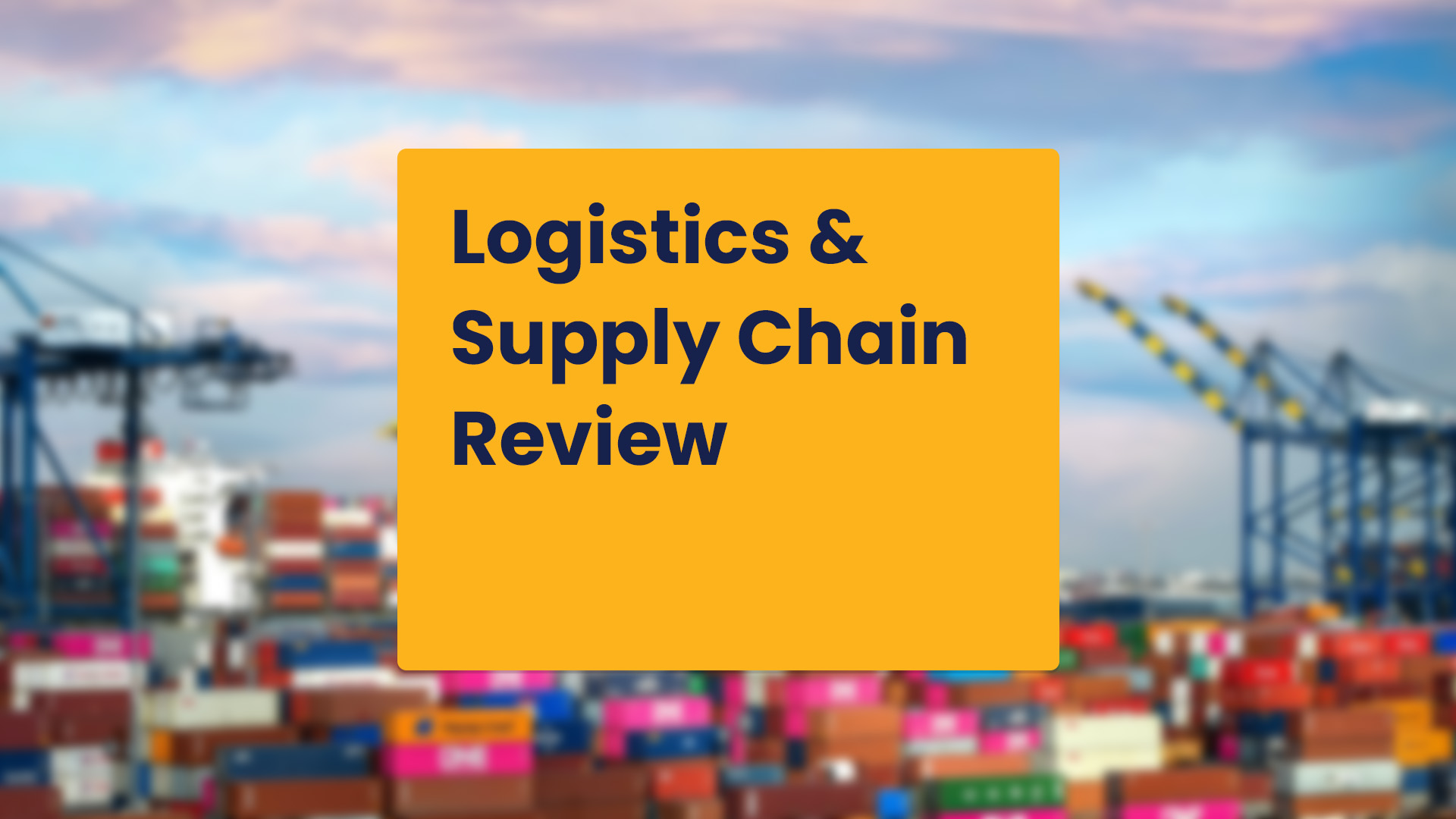Why General 3PLs Struggle with Hazmat Logistics
Hazardous materials logistics isn’t just a niche corner of supply chain management, it’s an entirely different discipline and demands more than a generalist approach. Yet, many general 3PL providers try to apply the same methods they use for consumer goods, electronics, or dry freight to the storage and transport of regulated materials.
The result? Increased risk, compliance violations, and costly disruptions that can ripple across global supply chains.
In this post, we’ll explore 11 common mistakes general 3PLs make when handling hazardous materials and what specialized providers do differently to protect people, products, and performance.
1. Treating Hazmat Like Any Other Freight
General 3PLs often underestimate the complexity of hazmat logistics, applying the same processes they use for general cargo. But hazardous materials require specialized facilities, equipment, and expertise - from containment design to air handling systems and chemical compatibility controls.
2. Overlooking Regulatory Complexity
Hazmat operations are governed by an intricate web of regulations (EPA, DOT, OSHA, and local authorities). Missing even one requirement can lead to fines, shutdowns, or worse. Specialist providers design compliance into every step, from labeling to transport documentation.
3. Inadequate Facility Design
Standard warehouses simply aren’t built to contain potential leaks, spills, or fires. Hazmat warehouses feature specialized ventilation, secondary containment systems, and fire-rated segregation zones to minimize risk and protect people and property.
4. Poor Chemical Segregation Practices
Mixing incompatible materials can have catastrophic results. While general 3PLs might focus on storage efficiency, specialists prioritize chemical compatibility - separating oxidizers, flammables, and corrosives by physical barriers and containment systems.
5. Insufficient Training and Oversight
Handling chemicals requires more than forklift certification. Specialist providers train employees extensively in chemical hazard classes, emergency procedures, and personal protective equipment and refresh that training regularly.
6. Limited Visibility and Tracking
Most 3PLs track inventory at the SKU level, but visibility often stops short of what’s required for regulated materials. In hazmat logistics, it’s about more than knowing where a product is — it’s about knowing what it is and how it’s classified. Specialist providers integrate material data and transport documentation into their systems to strengthen compliance, reporting, and audit readiness.
7. Weak Emergency Preparedness
When incidents occur, time is critical. While general 3PLs may have basic response plans, few maintain the level of preparedness required for hazardous materials. Specialists conduct regular drills, maintain spill kits, and ensure operators receive ongoing regulatory and incident-response training to act safely and effectively when it matters most.
8. Improper Transportation Equipment
Standard trailers or containers cannot safely move all regulated materials. Specialized hazmat fleets include temperature-controlled and placard-compliant equipment operated by trained, hazmat-certified drivers.

9. Gaps in Insurance and Liability Coverage
Hazmat incidents can carry significant financial liability. General 3PL policies often exclude chemical-related losses, leaving customers exposed. Specialists carry tailored coverage that accounts for the unique risks of hazardous materials handling.
10. Failing to Adapt to Changing Regulations
Chemical profiles and regulatory frameworks evolve constantly. Specialist providers invest in compliance monitoring, audits, and proactive system updates to stay ahead, preventing costly disruptions from new requirements.
11. Overlooking the Costs of Noncompliance
From rejected shipments to environmental remediation, noncompliance can quickly outweigh the savings of using a general 3PL. The right partner doesn’t just reduce risk, they preserve business continuity, reputation, and long-term cost efficiency.
Hazmat Logistics Require a Specialist Mindset
General logistics expertise doesn’t automatically translate to hazardous materials experience. Each chemical, regulation, and safety measure adds a layer of complexity that a dedicated hazmat logistics partner can manage effectively.
Hazardous materials logistics isn’t just part of our business - it’s where we’ve refined our craft for nearly 50 years. Rinchem’s compliant warehouses, hazmat-trained drivers, and supply chain visibility, we’re designed to support the most complex chemical and gas supply chains.
Get more articles like this in your inbox
Sign up for our monthly newsletter
Find more articles



